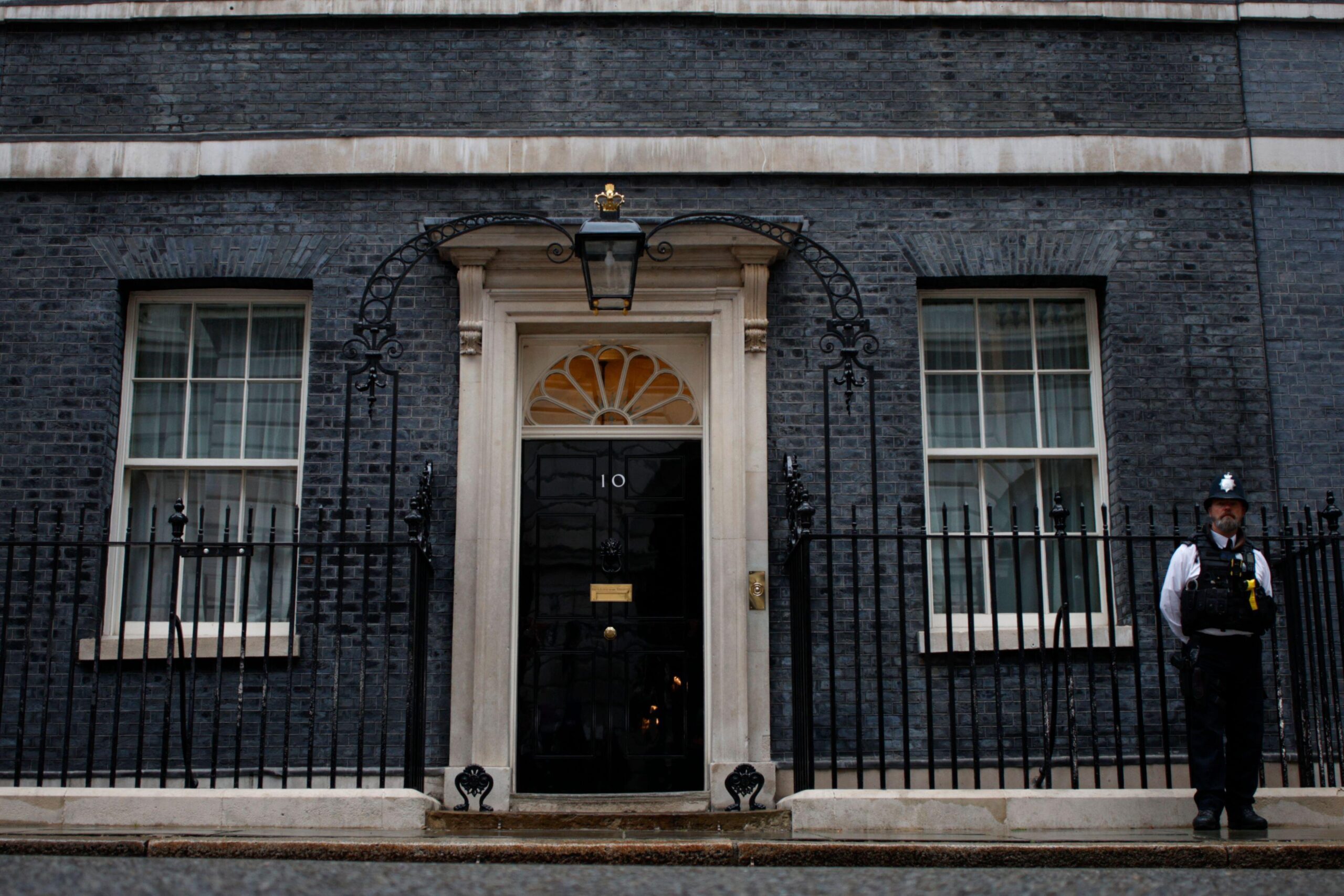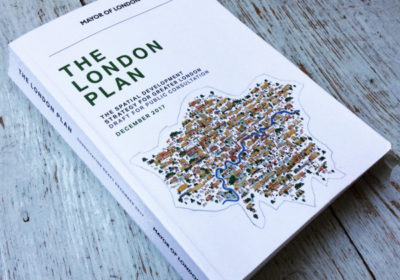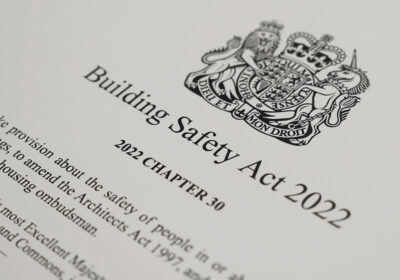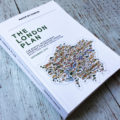A momentous result was delivered by the people two weeks ago. They said no to the Conservative Party, which received the lowest share of the vote ever. However, while the result translates into a stomping majority for Sir Keir Starmer, the Labour Party only increased its share of the vote by 2% – and achieved less than Tony Blair in his three election victories.
This election demonstrates the weakness of the first-past-the-post system at a macro level. The system distorts results and can disconnect the will of the people with their politicians if turnouts are low.
At a micro level, there is even more disconnect. National elections always deliver reasonable turnouts, but local elections are also driven by first-past-the-post – and these elections routinely see a turnout of just 30%. That means many figures on our nation’s planning committees are elected – and deciding the future of our built environment – on just a fifth of registered voters.
A system that distorts results and is fed by low turnout is one open to capture by the loudest voices, and will fail the electorate time and time again.
That is why our planning system fails us, and why these elections may not translate into the radical reforms which are needed to reenergise real estate and get the country building again.
The London example
Let’s look at London. The average planning committee member sits on just 19%* of the overall registered electoral vote within their specific ward.
The worst-performing planning committee was Bexley, with members averaging just 8%. A shocking figure. Richmond performed best, though still with just 27%.
Kingston planning committee members – who according to HBF research spent £474,324.05 over the past three years on planning appeals (the fourth-highest of any council in England) – held just one-fifth of the registered electoral vote within the wards they represent.

There is little distinction between the political parties.
On average in London, Labour planning committee members sat on 19% of the registered vote. Liberal Democrats 23%. Greens and Independents were next, with 21%. Conservatives and Aspire members performed worst, with just 17% of the vote.
We get the politicians we deserve and first-past-the-post does its bit to accentuate the outcomes. I suspect with such a thumping majority, Starmer will be less interested in electoral reform at a national level right now. However, it is very clear that our local planning committees do not represent us.
If reform of planning is to take place, until the democratic deficit is addressed, I suspect many changes will be undermined by committees – which, let’s be clear, represent micro-electorates and have become echo chambers of the planning activist.
Seeking solutions
We must accept that democracy is vital to successful local communities, but if poorly engineered will lead to a cycle of poor outcomes and lost opportunity. There are a number of ways the Labour government could tackle this.
More democratic emphasis must sit at a local plan level, with the thresholds for committees being increased so that only significant applications of hundreds of homes are heard by local members.
The decision-making process itself could then be made easier. A night out at planning committee – where emotions run high – is not a fair or sensible way of delivering the nation’s infrastructure. More emphasis on quality plan-making with better visual tools to allocate sites clearly and effectively will help remove the uncertainty and pressure on the night.
“More democratic emphasis must sit at a local plan level”
Lay members should also be introduced to committees. Development corporations already do this, with around a third of decision-makers being professionals. This balances the baser instincts of some members with the more sober reflections of those who are committed to see change and investment.
Finally, committees should be fewer, more sensible, and sanctioned if they do not deliver. These places should not be play-things for local echo chambers which rob the next generation of opportunity and safe and secure homes.
The government has a huge majority. Now is the time for planning reform. We need more professionalism and less populism.
* This analysis was undertaken on the 2022 local elections and subsequent by-elections. It used three data sets: the number of votes for each candidate; 2022 election turnout for each ward; and total registered electoral votes in each ward.









